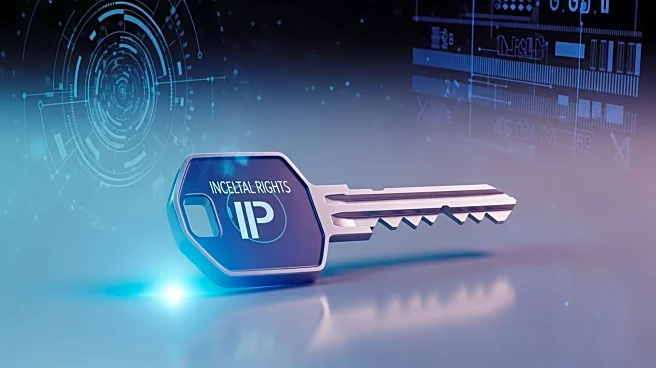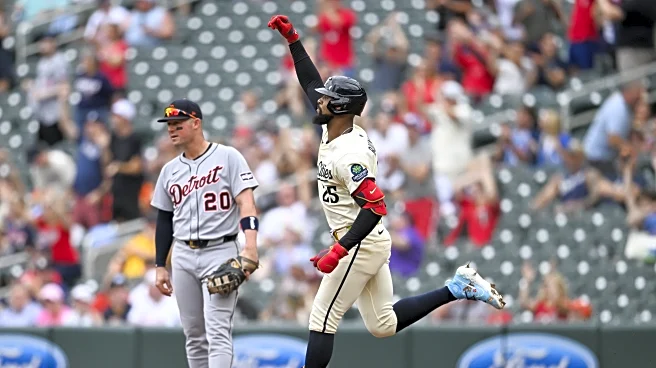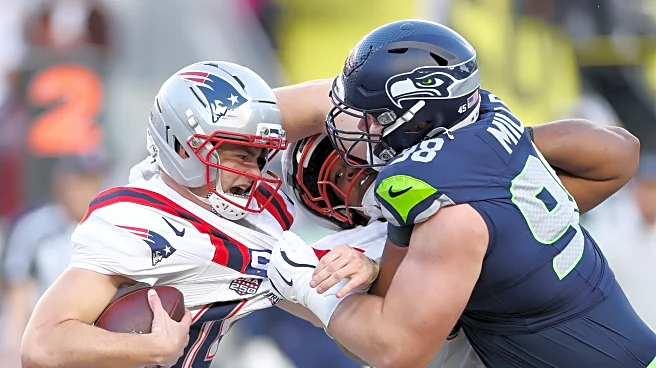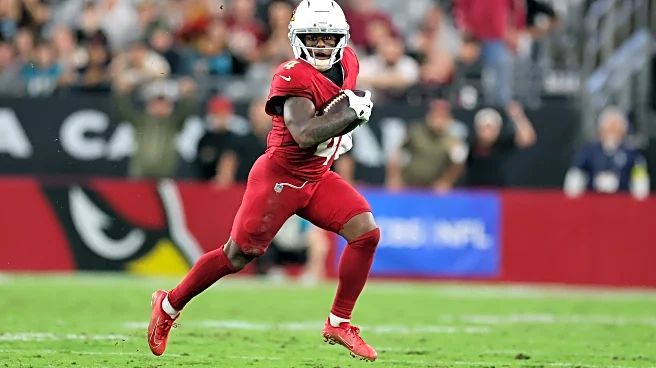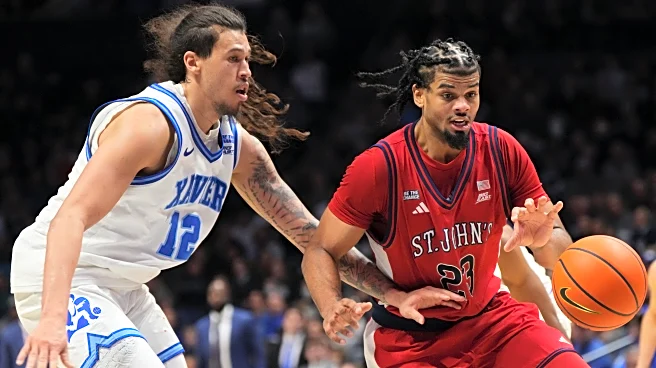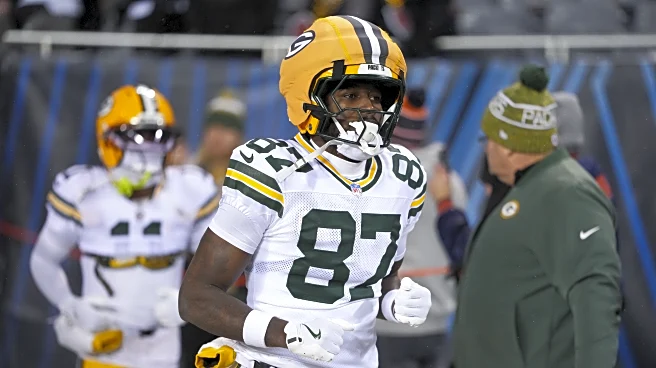What's Happening?
The rapid development of AI technologies has brought copyright issues to the forefront, as tech companies seek high-quality human-generated content to improve AI models. This has led to over 30 lawsuits
in the U.S., including notable cases like The New York Times v. OpenAI, where AI systems allegedly used copyrighted material without permission. The U.S. Copyright Office has stated that AI-generated works are generally not eligible for copyright protection unless significant human input is involved. The debate continues over whether AI companies can use copyrighted content for training without explicit permission, with some arguing for a fair use exception.
Why It's Important?
The outcome of these legal battles could significantly impact the tech industry, particularly companies developing AI models. A ruling in favor of AI companies could allow them to use copyrighted content without paying licensing fees, potentially saving billions in development costs. However, this could undermine the rights of content creators and disrupt industries reliant on copyright protections. The decisions made in these cases will shape the future of intellectual property law in the digital age, affecting how creative works are valued and protected.
What's Next?
As the lawsuits progress, courts will need to determine whether the use of copyrighted material in AI development constitutes infringement. The tech industry is pushing for a fair use exception, which would allow broader use of copyrighted content. Meanwhile, creators and rights holders are advocating for stronger protections to ensure fair compensation. The U.S. Copyright Office's ongoing reports and guidance will continue to influence the legal landscape, and any court rulings could set precedents for future cases.
